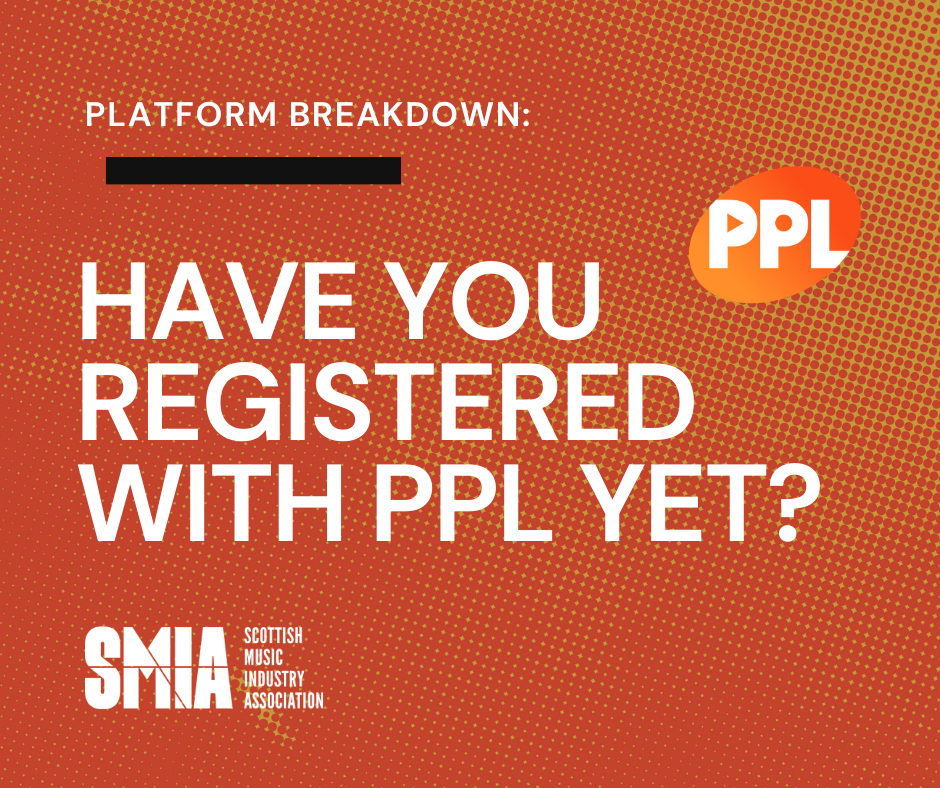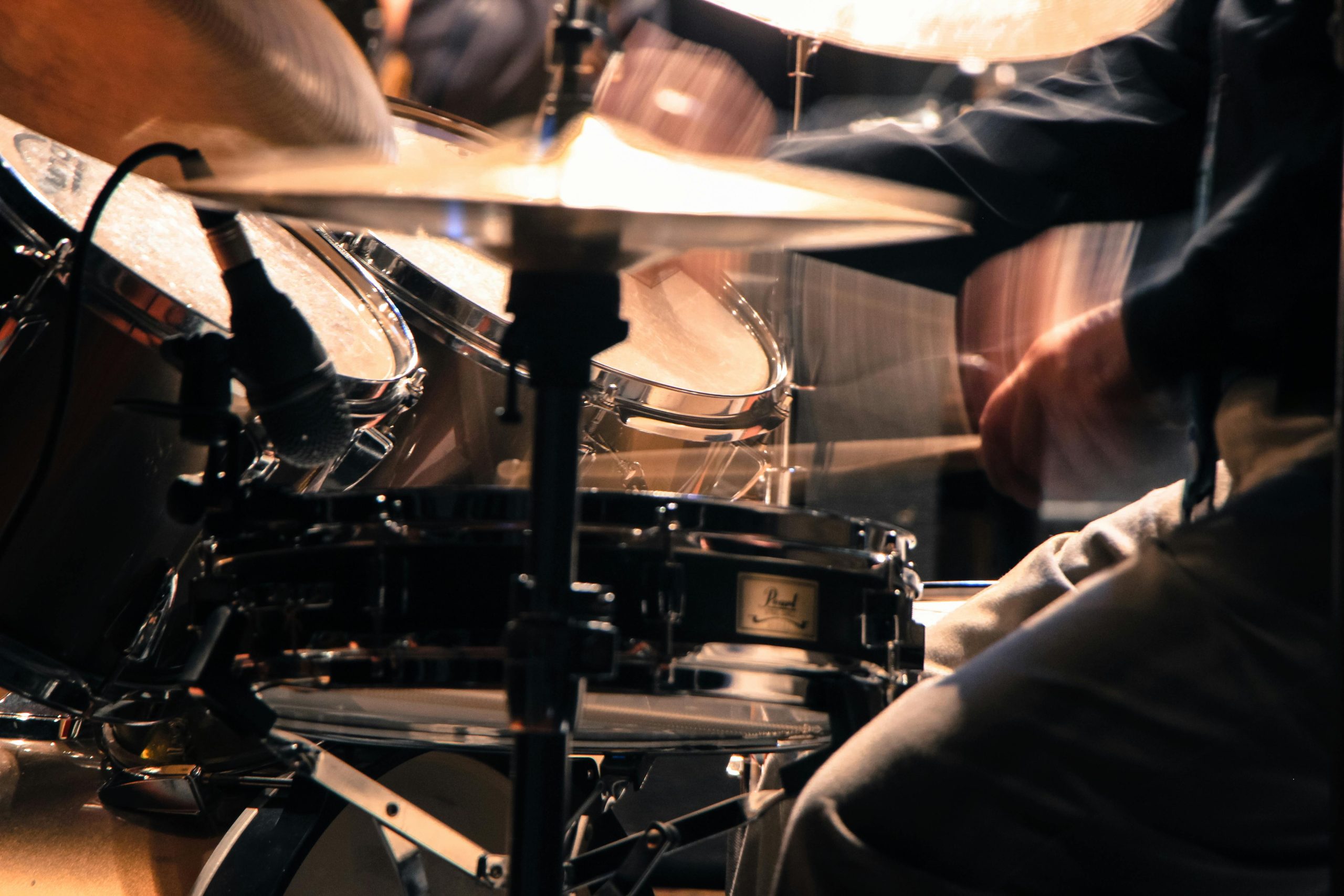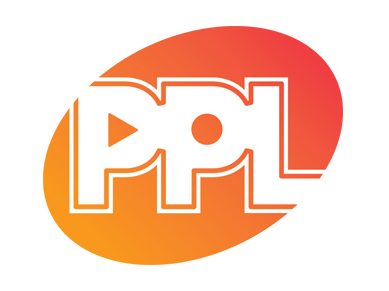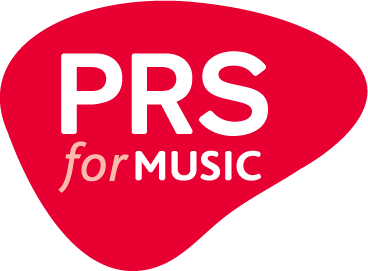For anyone involved in the music industry, understanding and taking advantage of PPL’s offerings is not just recommended, but essential. It’s a step towards ensuring that your hard work, talent, and creativity are rightfully rewarded.
PPL, which stands for Phonographic Performance Limited, is a UK-based music licensing company that collects and distributes royalties for recorded music on behalf of artists and record labels.
Through PPL, you can register:
- Recordings: If you’re a recorded music rights holder (typically a record label or self-releasing artist), you can register your recorded music with PPL. This means any tracks or albums that have been released for public consumption.
- Music Videos: PPL also collects royalties for the use of music videos on certain television channels and services.
- Performers: If you performed on a track – be it as a lead singer, backing vocalist, or instrumentalist – you can register as a performer to claim your share of royalties when that track is played in public.
By registering these with PPL, you ensure that you receive the royalties you’re entitled to when your music (or music you’ve performed on) is played in public or broadcast on TV, radio, or certain online platforms in the UK and internationally (through PPL’s reciprocal agreements with overseas collecting societies).
PPL vs. PRS: Understanding the Difference
PRS (PRS for Music) and PPL (Phonographic Performance Limited) are both UK-based organisations that collect royalties for different types of rights holders in the music industry, but they serve distinct roles. Here’s a simple breakdown:
PRS for Music (PRS):
- Represents songwriters, composers, and music publishers.
- Collects royalties when their compositions (lyrics, melodies) are publicly performed or played, for example, on radio broadcasts or in commercial spaces.
Phonographic Performance Limited (PPL):
- Represents recording artists and record labels.
- Garners royalties when the actual recorded tracks are publicly played or used.
In short, PRS is about the song itself (think lyrics and melody), while PPL is about the specific recording of that song. If you write a song and also record it, you could earn from both PRS and PPL when it’s played. Join both to ensure full coverage of your music royalties.
Fees and Payments
After collecting fees, PPL then distributes the money as royalties to the recording artists, record labels, and performers whose music has been played or broadcast. PPL deducts its operational costs from the collected fees before distributing the royalties. The primary role of PPL is to ensure that those who invest their time and talent into making music are fairly compensated when their work is used.
- So, how much does it cost to join?
- It’s free! There’s no charge to register your music with PPL.
- And how often do I get paid?
- PPL doesn’t pay you every time your song is played. Instead, they group payments and send them out four times a year. So, keep a lookout for these quarterly payments. You can check the payment schedule here.
- Can I claim for past performances of my music?
- Absolutely! PPL allows you to claim royalties for past plays of your music: this is called making a ‘retroactive claim’. Regular updates to your registered music portfolio are very important.

International Representation with PPL
When your music transcends borders and gains listenership outside the UK, it’s crucial to ensure you’re still compensated for its use. This is where PPL’s international representation comes into play.
Global Partnerships
PPL has forged relationships with numerous music rights organisations around the world. These global partnerships are essential for two reasons:
- Coverage: No matter where your music is played—whether in a cafe in Paris, a club in New York, or on a radio station in Tokyo—PPL’s ties with international societies mean you’re covered.
- Royalty Collection: Through these global connections, PPL efficiently collects the royalties owed to you for the use of your music abroad and ensures they’re credited to your account.
In essence, PPL’s international representation amplifies its reach, ensuring artists and rights holders are compensated for their music’s global footprint. If your tracks are gaining traction internationally, it’s reassuring to know that PPL is working in the background, safeguarding your interests.
Conclusion
Navigating the intricate world of music royalties can seem daunting, but organisations like PPL are here to simplify and streamline the process. Whether you’re an artist, a performer, or a record label, PPL ensures that your musical creations are protected, and you’re compensated whenever and wherever they’re played.
To register with PPL, click here.
Explore the PPL How-to Guides, here.



